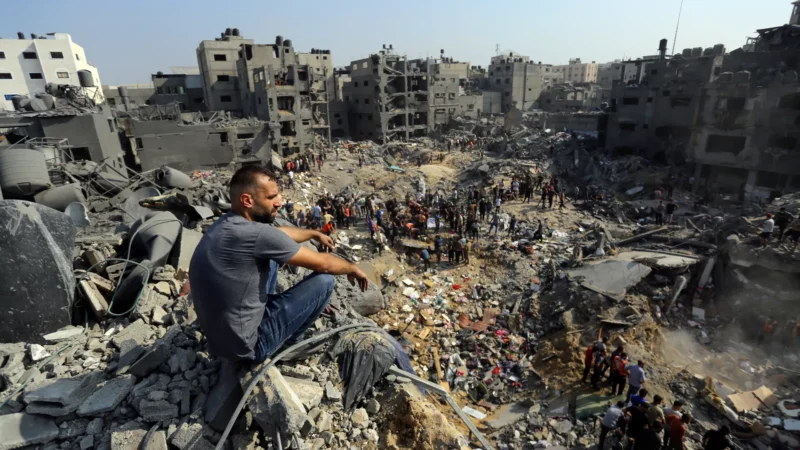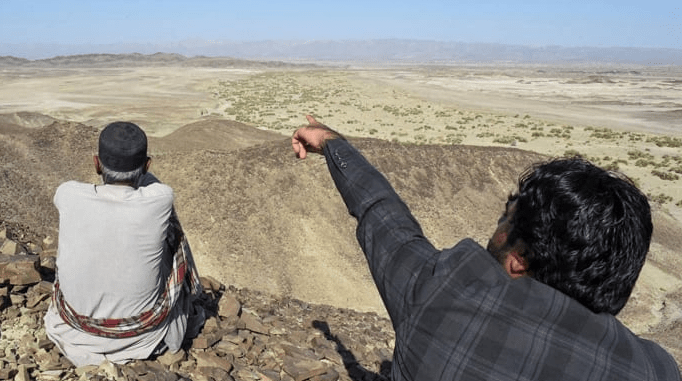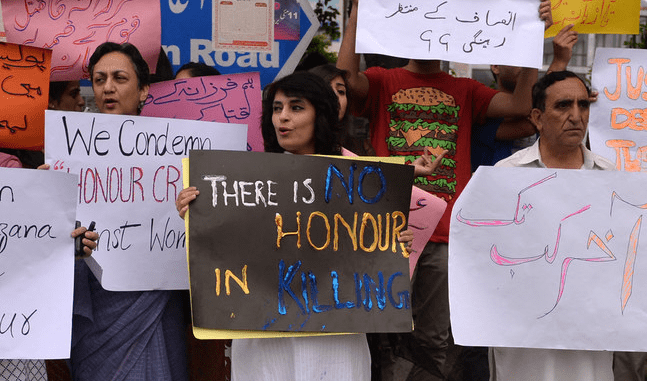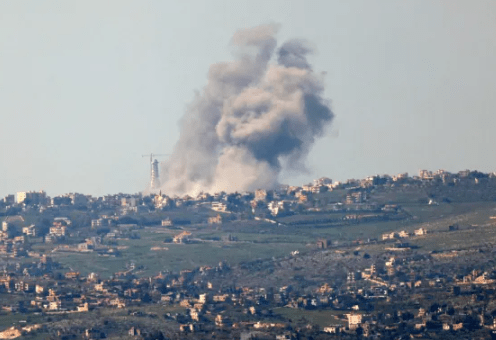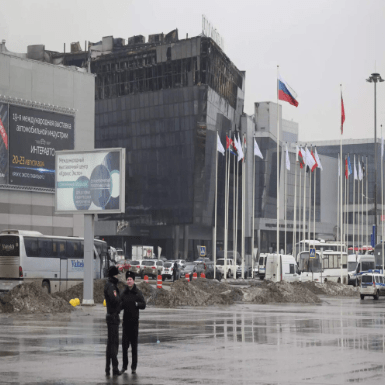Why is the war in Yemen intensifying?
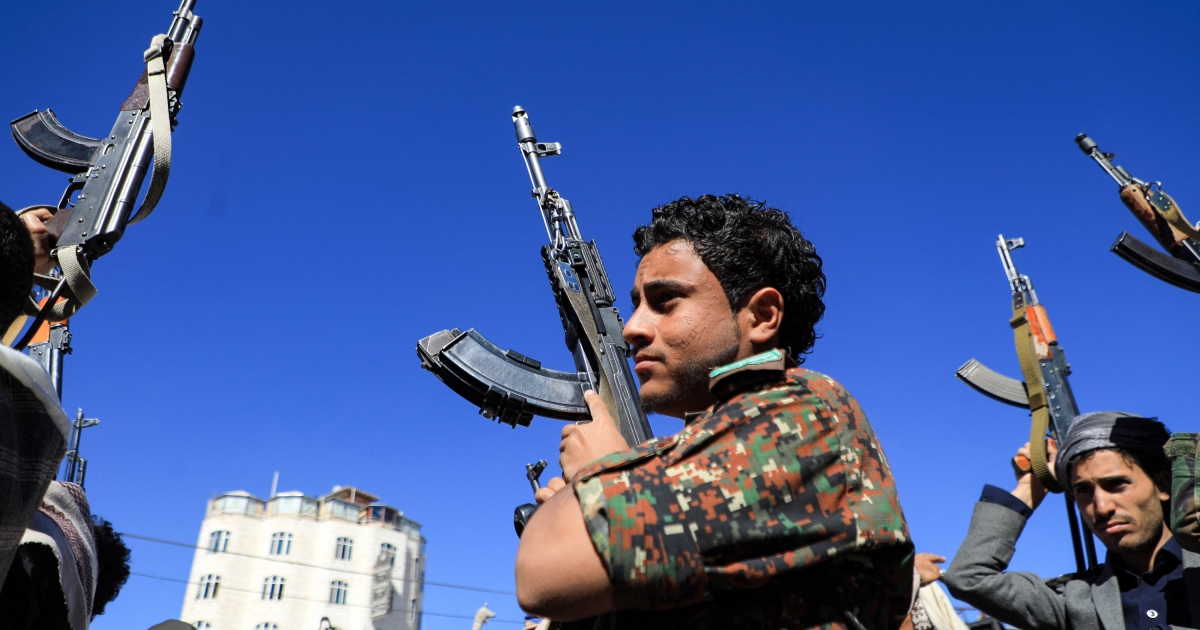
On Tuesday, February 1 at 19:30 GMT:
Millions of people across Yemen are enduring a war now in its eighth year – but recent deadly attacks by both Saudi-led coalition forces and opposition Houthi fighters suggest the conflict is only intensifying.
January is expected to emerge as the most deadly month of the war to date, according to Hans Grundberg, the UN’s Special Envoy for Yemen. His forecast follows the killing of at least 91 people in an air-raid on a temporary detention centre in Saada, a city in northwestern Yemen under Houthi control. The Saudi-led coalition supporting Yemen’s internationally-recognised government denies involvement in the bombing raid on January 21. But Amnesty International says remnants of a US-made laser-guided munition – launched routinely by coalition warplanes – were found at the blast site. A separate coalition air raid in Hodeidah on the same day killed three children, according to Save The Children.
UN Secretary General Antonio Guterres condemned both attacks and has urged an investigation. But there was no immediate sign of condemnation of the Saada attack by the UN Security Council – in marked contrast to its rapid denunciation “in the strongest terms” of recent Houthi attacks on sites in the United Arab Emirates and Saudi Arabia in which three people were killed.
Amid the air raids and exchanges of missile fire, ground forces are also trying to gain the upper hand. Houthis and UAE-backed militias have recently battled for control of Marib, a key energy-producing region. The escalation in violence in January has forced hundreds more families to flee their homes, joining an estimated 4.6 million people in Yemen who have already been internally displaced over the course of the war. A UN report that 2,000 children recruited by Houthi rebels have been killed in fighting is just the latest example of widespread human rights abuses driven by the war.
Aid agencies say the escalating violence is making it harder to get essential food, medicine and to those who need it. The UN World Food Programme, which in December had to cut food rations due a shortfall in international funding, warns that more than five million people are at immediate risk of famine conditions. A report issued in November by the UN Development Programme projected the death toll from Yemen’s war would hit 377,000 by the end of 2021, with about 60 percent of those deaths due to indirect causes such as hunger and disease. Seventy percent of those killed are children.
In this episode of The Stream, we will look at the impact on civilians of a worsening war in Yemen that rarely tops the news headlines.
In this episode of The Stream, we are joined by:
Osama Alfakih, @osamahfakih
Director of Media, Communications, and Advocacy, Mwatana for Human Rights
Shireen Al-Adeimi, @shireen818
Commentator on Yemen affairs
Hadil Al-Mowafak, @Hodey_m
Research Fellow, Yemen Policy Center

